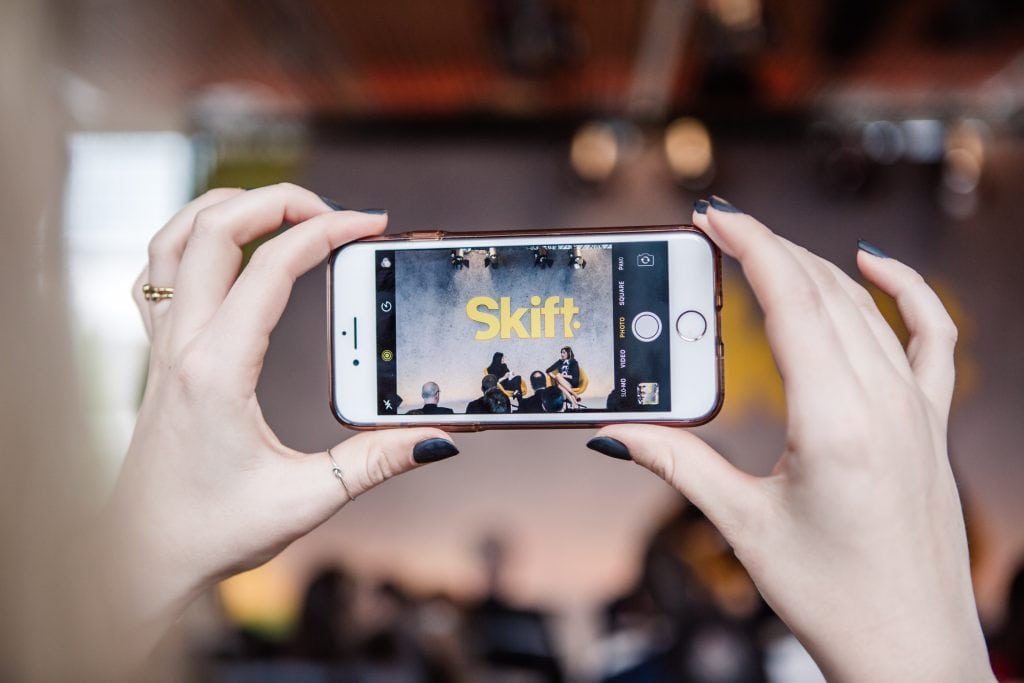Skift Restaurants Forum Preview: What Collaboration Means Now

Skift Take
Plenty of restaurants, technology companies, designers, and other industry professionals are working to solve the smaller problems industry wide. By enacting new forward-thinking policies, procedures, and ideas, the future is visible, and it's positive.
Get Your Tickets Now
For this first Restaurants Forum, we'll be using our one-on-one interviews, TED-style talks, and mini-panels to explore many facets of the business of restaurants, but one theme that will dominate the day is "What Collaboration Means Now." Read below for a sneak peek. If you want to understand the state of the modern restaurant, let us cut to the chase and look at the bottom line. The good news: spending at restaurants is up, according to the U.S. Commerce Department. It rose over the summer, setting a new record. Of course, that's a general figure that captures big brands and independents from across all price spectrums. And it doesn't capture the complexity of consumer behaviors that, as we know, all restaurants need to trul

